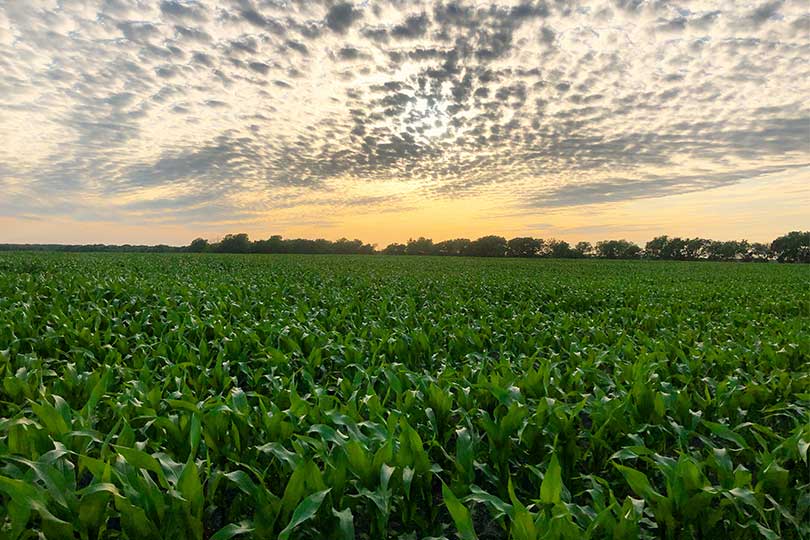By Jennifer Dorsett
Field Editor
As the U.S. Senate returned to Washington on Monday ready to tackle the second coronavirus relief bill, optimism for another farm payment package remained high.
Sen. John Hoeven, who chairs the Senate Agriculture Appropriations committee, said last week during a press conference lawmakers knew more support was needed for farmers and ranchers affected by the coronavirus pandemic.
“We are going to have to do more, and exactly how we are going to structure it is something I would like to have some more dialogue more with my ag colleagues on both sides of the aisle,” Hoeven said to a group of reporters.
While the House isn’t scheduled to go back into session until next week or possibly later, agricultural organizations are optimistic by the bipartisan release of a $50 billion farm aid package proposal.
Language from the proposed bill would prevent the U.S. Department of Agriculture (USDA) from imposing payment limits to farmers.
“The COVID-19 outbreak has only exacerbated challenges farmers and producers faced from the harmful effects of the trade war and devastating weather and has sent futures prices tumbling,” Rep. Cindy Axne of Iowa said. “It is more important than ever to ensure food security by providing our producers the resources they need.”
American Farm Bureau Federation (AFBF) director of congressional relations Andrew Walmsley said AFBF may support the new proposal.
Walmsley noted AFBF is surveying state Farm Bureaus on state needs in a new package.
U.S. House Agriculture Committee Chair Collin Peterson also told CNN last week he was in talks with agriculture committee members from both chambers to increase authorized funding for the Commodity Credit Corporation (CCC) from $30 billion to nearly $68 billion.
It’s a step in the right direction for farmers and ranchers whose livelihoods have been severely impacted by the pandemic, Texas Farm Bureau (TFB) National Legislative Director Laramie Adams said.
“The assistance provided in the CARES Act is greatly appreciated and very much needed, but we must make sure farmers and ranchers can stay in business,” Adams said. “The funds provide a good start, but it’s not nearly enough for the many farm and ranch families who’ve lost so much through no fault of their own. We must continue working to provide adequate assistance to keep farmers and ranchers doing what they do best – feeding and clothing consumers.”


Is it too late to apply for support-for-farm aid?